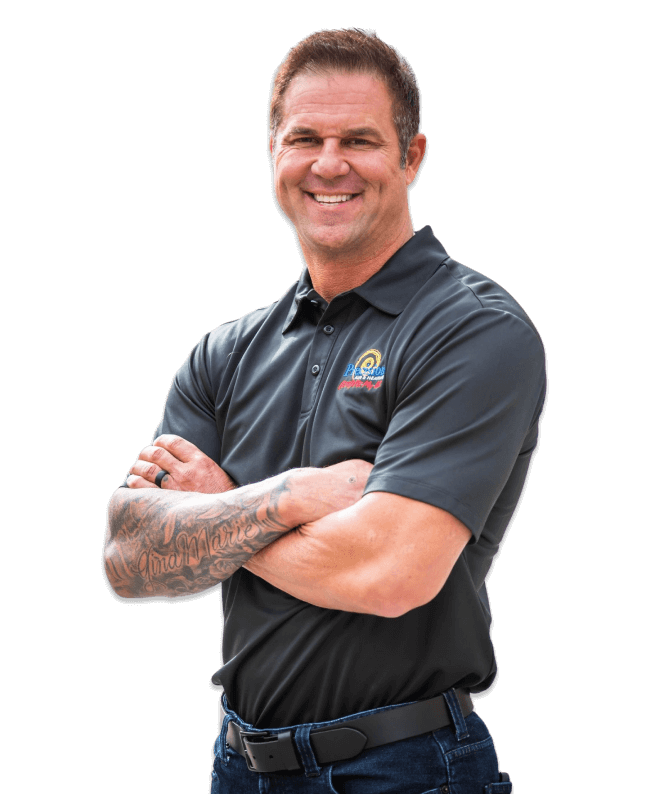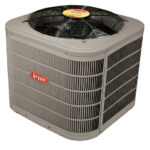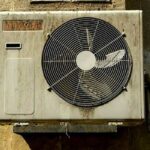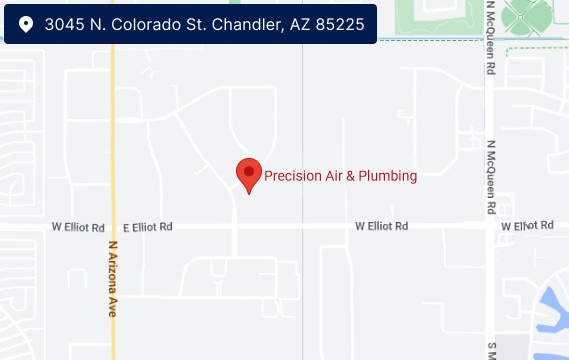The Dangers of Closing Air Vents in Unused Rooms
It seems like a good idea: just close the vents in unused rooms and only control the air temperature in rooms that you use. A lot of people think this tactic will save money by using the HVAC unit to heat or cool fewer rooms.
In reality, your unit will run less efficiently and could eventually break down of you are leaving vents closed in rooms you don’t use.
Why is Closing Vents a Bad Idea?
The way air flows through your house is carefully designed. There’s a certain amount of pressure that is involved with circulating air through your home. If this pressure is off balance, you’re sure to run into problems.
Put simply, your air conditioning system is designed so that the amount of air being pulled into your system matches the volume of air being blown out of the vents. When this is happening, your unit is working in harmony.
When you close a vent, this increases the amount of pressure in your air ducts. If that pressure gets too high, you can cause small leaks in the ductwork. If you already have small leaks, the pressure could make those leaks even worse.
Of course, over time, this could cause more serious problems. If your evaporator coil isn’t getting enough air flow, it could just turn to a block of ice, which could destroy other components of your HVAC system, leading to costly repairs.
It Will Not Be More Efficient
Even if closing the vents doesn’t cause any other issues (not likely) it still will not serve your primary goal of cutting back on HVAC usage and knocking a few bucks off your energy bill. Because closing vents will cause pressure to build up in your ducts, your air conditioning unit or heater will have to work much harder to distribute the air properly.
So not only is closing a vent counterproductive in terms of lowering energy usage, it will also create larger and more expensive HVAC repairs over time.
If you are serious about cutting down the costs associated with our heating and cooling, the thermostat is the best place to start. Make sure you are programming your temperature to rise and fall at appropriate times.
You may also want to look into upgrading to a more efficient unit. If your HVAC system is more than eight years old, you are missing out on a lot of technological advancements. Newer units also have a much better efficiency rating due to ever-changing federal regulations.









